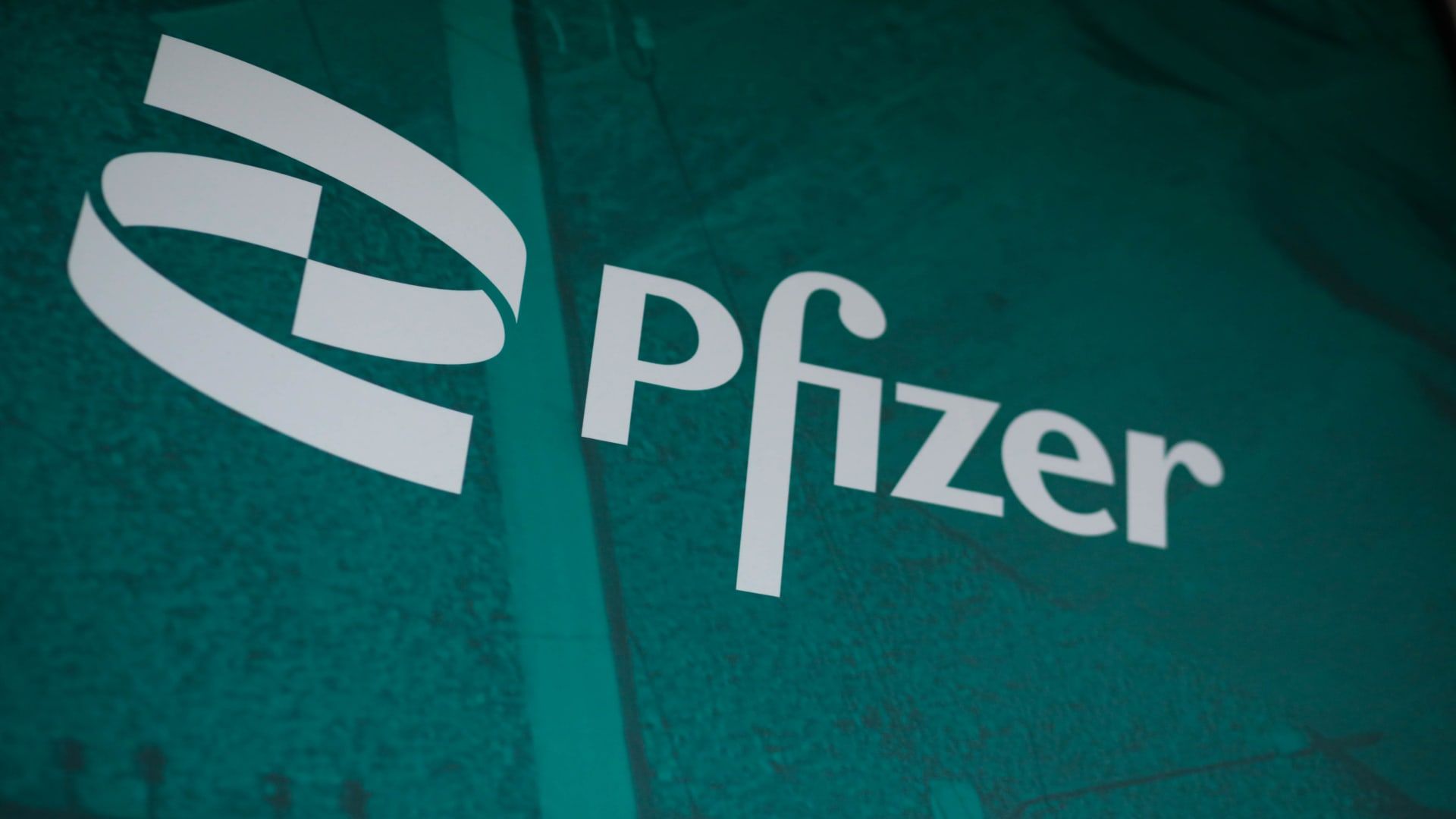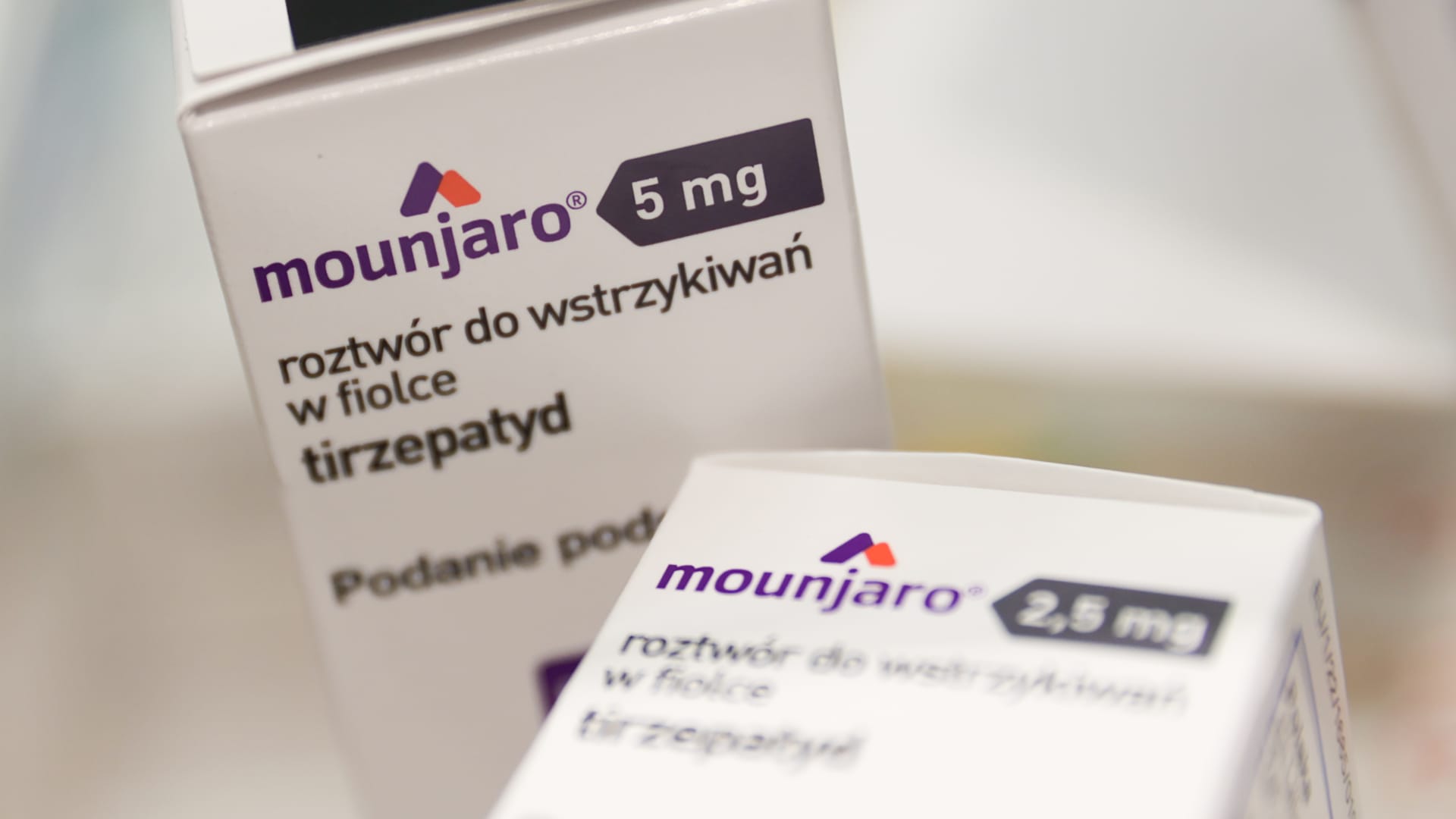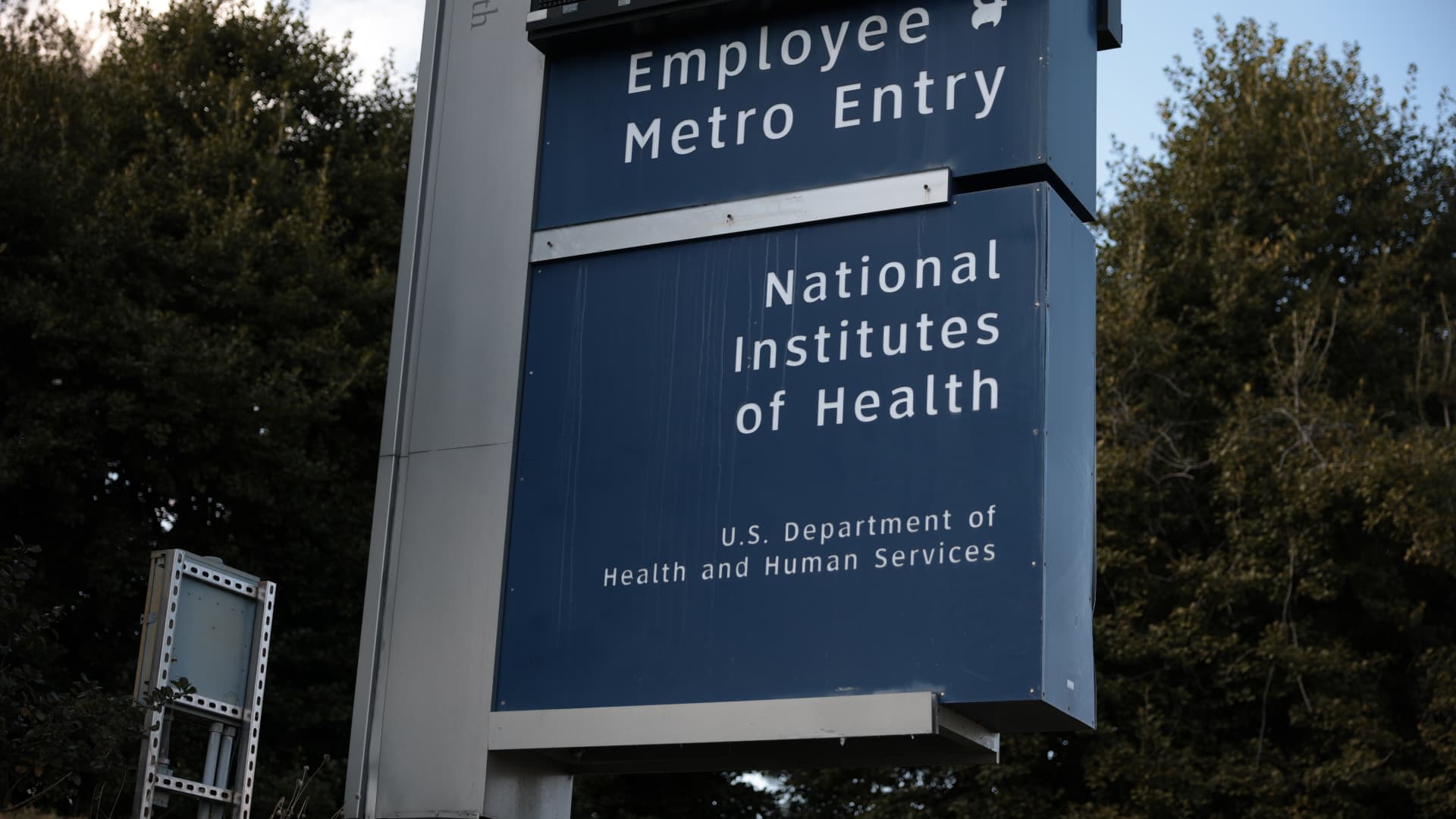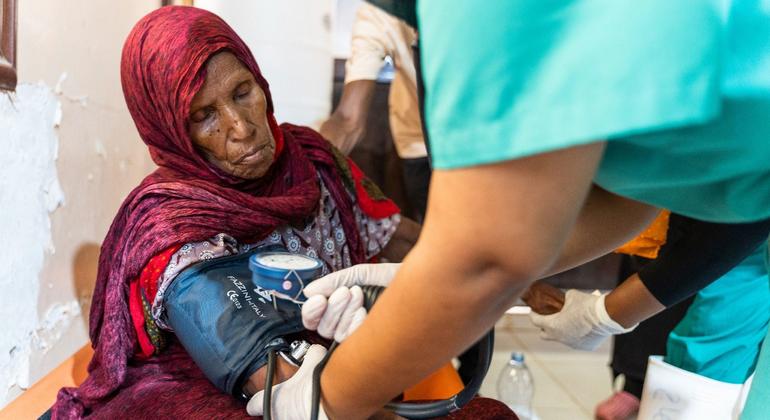Kena Betancur | Corbis News | Getty Images
Pfizer On Wednesday, the US drugmaker announced that its experimental gene therapy for a rare genetic blood clotting disorder was successful in a large late-stage trial, paving the way for possible approval.
The hemophilia A treatment could become the company's second gene therapy to enter the U.S. market after Beqvez, which received approval in April for a less common type of bleeding disorder called hemophilia B.
Pfizer is co-developing the therapy with Sangamo Therapeuticswhose shares rose more than 60% on Wednesday following the release of the data. Pfizer shares were flat on Wednesday.
Pfizer is one of a number of pharmaceutical companies investing in the fast-growing field of gene and cell therapies — expensive, one-time treatments that target a patient's genetic makeup or cell to cure or significantly alter the course of a disease. Some health experts in the industry hope such therapies will replace traditional, lifelong treatments that patients take to manage chronic diseases.
Hemophilia A is a chronic disease caused by a lack of a blood-clotting protein called factor VIII. Without enough of that protein, blood can't clot properly, increasing the risk of spontaneous bleeding and serious bleeding after surgery. The condition occurs in about 25 of every 100,000 male births worldwide, Pfizer said in a statement, citing data.
Pfizer said its single treatment significantly reduced the number of annual bleeding episodes in patients with moderately severe to severe hemophilia A after 15 months. The company said the drug also worked better than the current standard treatment for the disease, which involves routine infusions that replace the factor VIII protein.
“For people living with hemophilia A, the physical and emotional impact of needing to prevent and treat bleeding episodes through frequent intravenous infusions or injections cannot be underestimated,” Dr. Andrew Leavitt, the trial's principal investigator, said in a statement.
Pfizer said the study is ongoing and it will present additional data at upcoming medical meetings.
If approved, Pfizer's therapy will compete with BioMarin PharmaceuticalsBioMarin's single-dose Roctavian treatment has had a slow rollout since it won approval in the U.S. last year, raising questions about how many patients would take Pfizer's drug if it enters the market.
BioMarin is reportedly considering selling its $2.9 million hemophilia A therapy.












